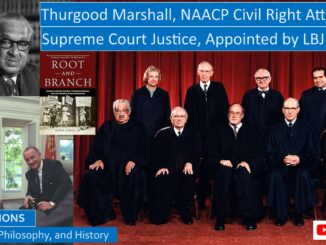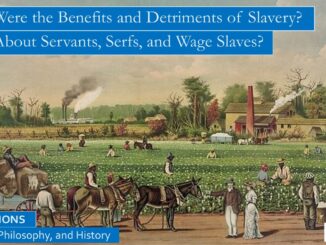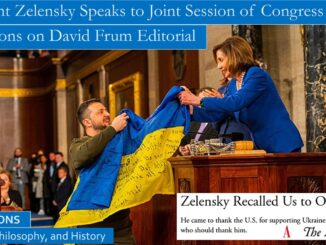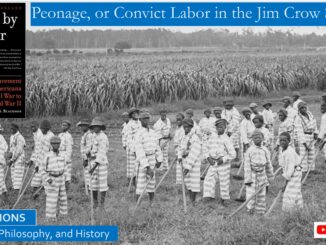
NAACP Attorneys Thurgood Marshall and Charles Houston Challenge Jim Crow in the Courts
Chief Justice Fred Vinson scheduled oral arguments for December 1952, but the justices were hopelessly fractured, Vinson did not want to abandon Plessy. A second round of oral arguments were scheduled for December 1953, but Chief Justice Fred Vinson died of a heart attack in September. After attending his funeral, Justice Felix Frankfurter quipped to a friend, “This is the first indication I have ever had that there is a god.”
President Eisenhower appointed long-time Republican Earl Warren as Chief Justice, he later said this was his life’s “biggest damn fool mistake.” Earl Warren convinced his fellow justices that this needed to be a unanimous decision. Warren said this, summarizing the court’s opinion, “Does segregation of children in public schools solely on the basis of race, even though the physical facilities and other tangible factors may be equal, deprive the children of the minority group of equal educational opportunities? We believe that it does.” […]




